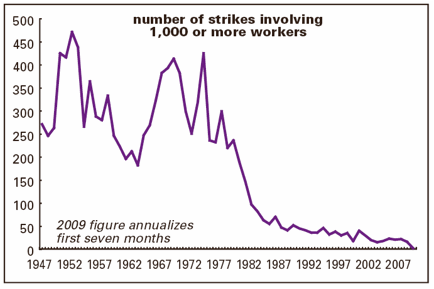What’s the difference between government bonds and bank notes?
In a fiat money environment, the first function of the Treasury bonds is to serve as a vehicle to add or subtract reserves in the system to help the Federal Reserve hit a target Fed Funds rate. The second is to give holders of government obligations a return on their investment. After all, bank notes or bank reserves don’t pay much if anything.
Am I missing something?
Read more...
